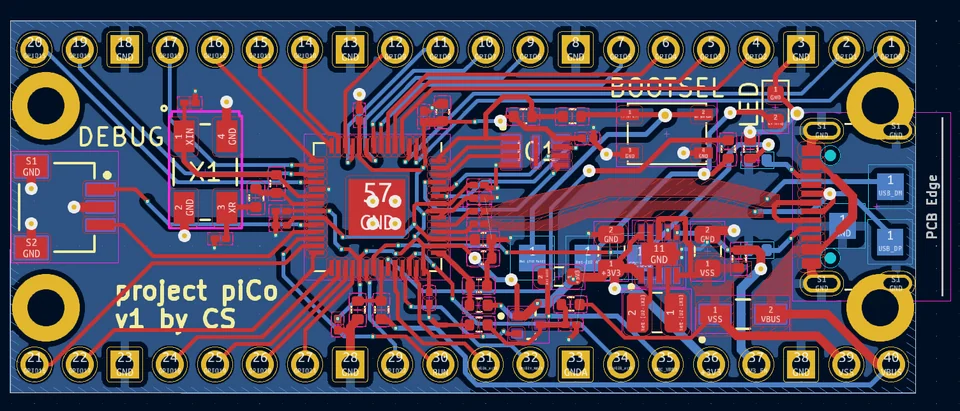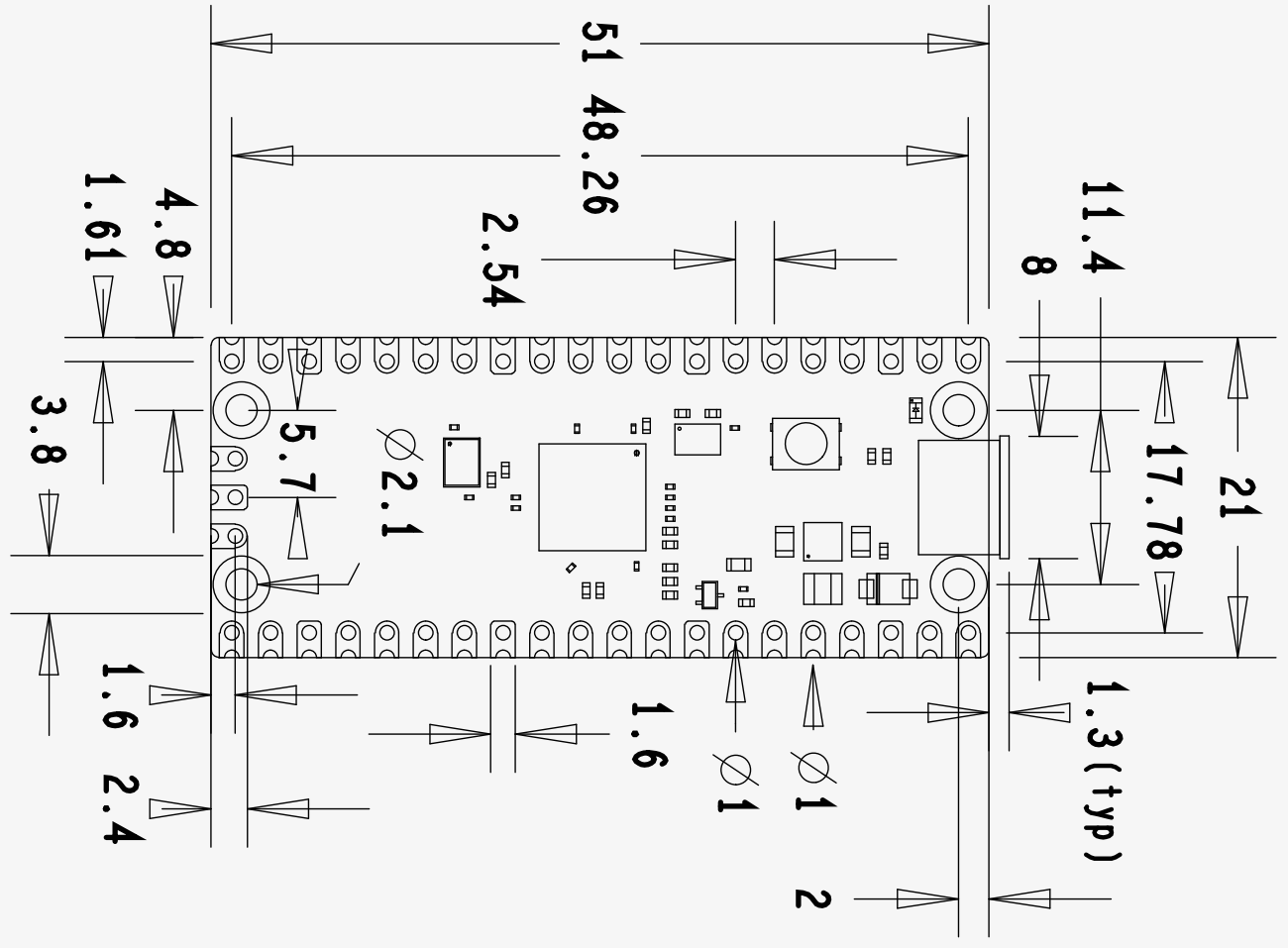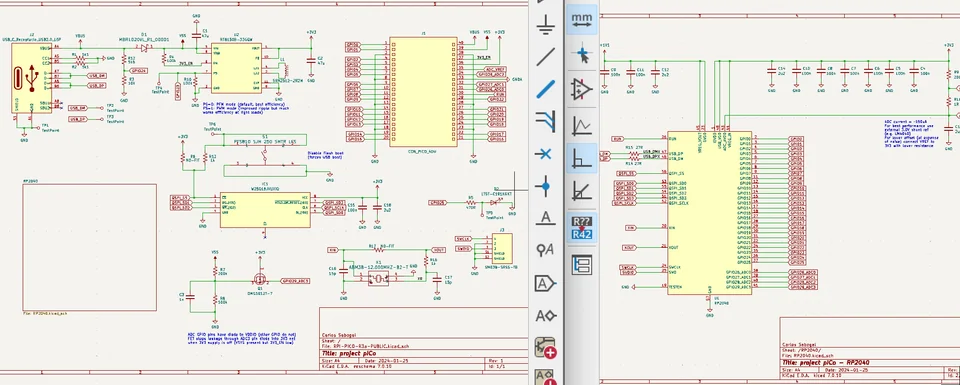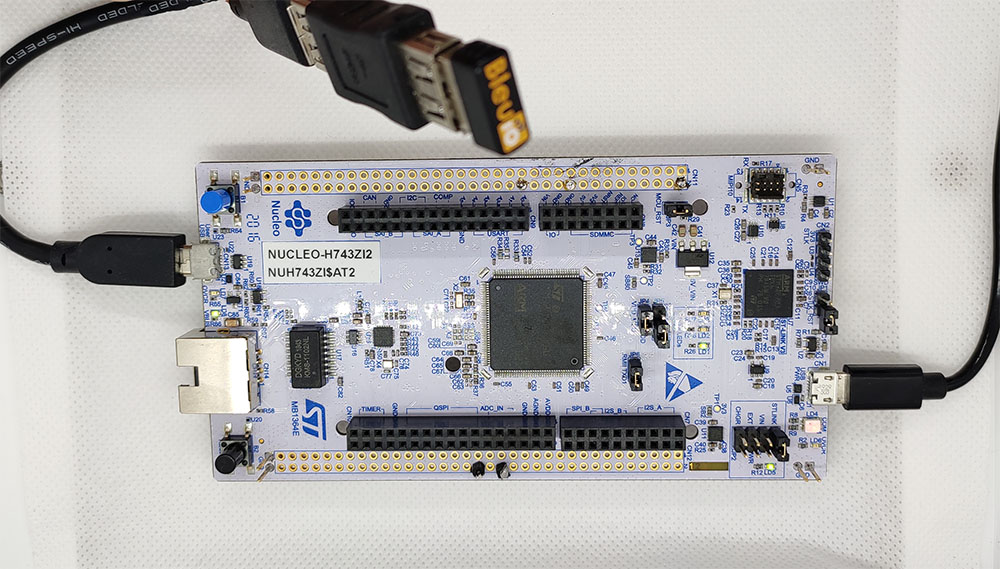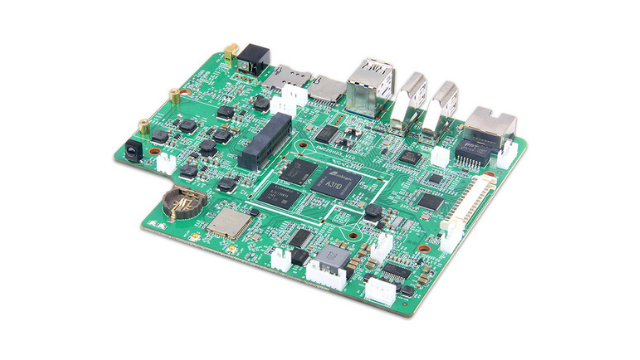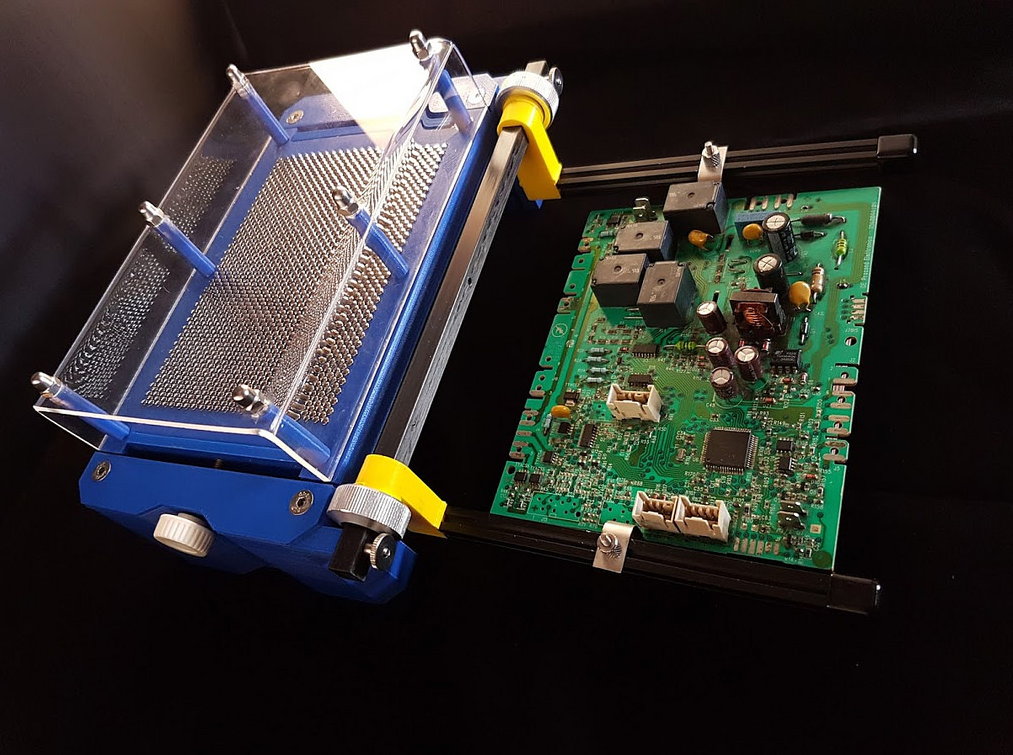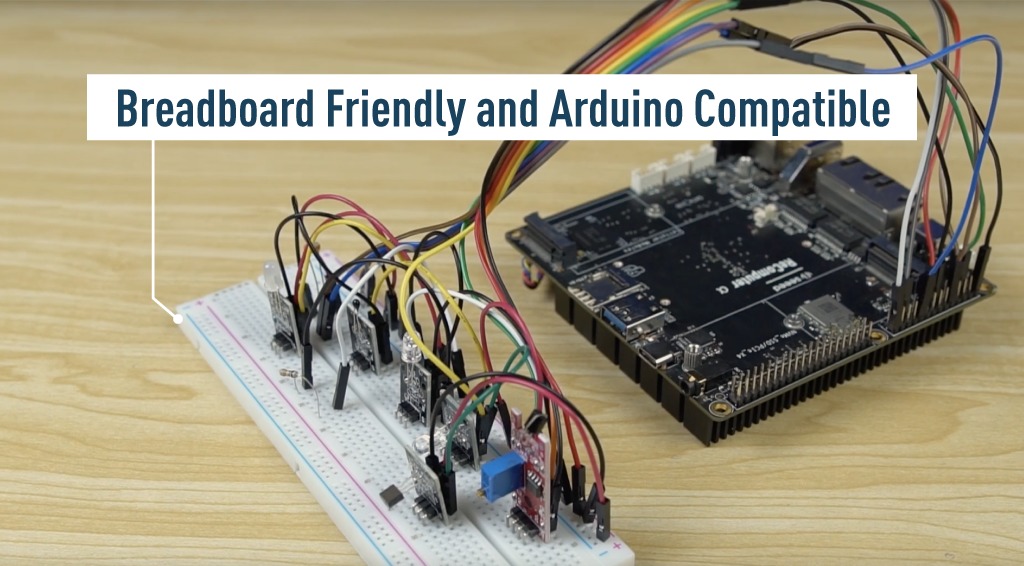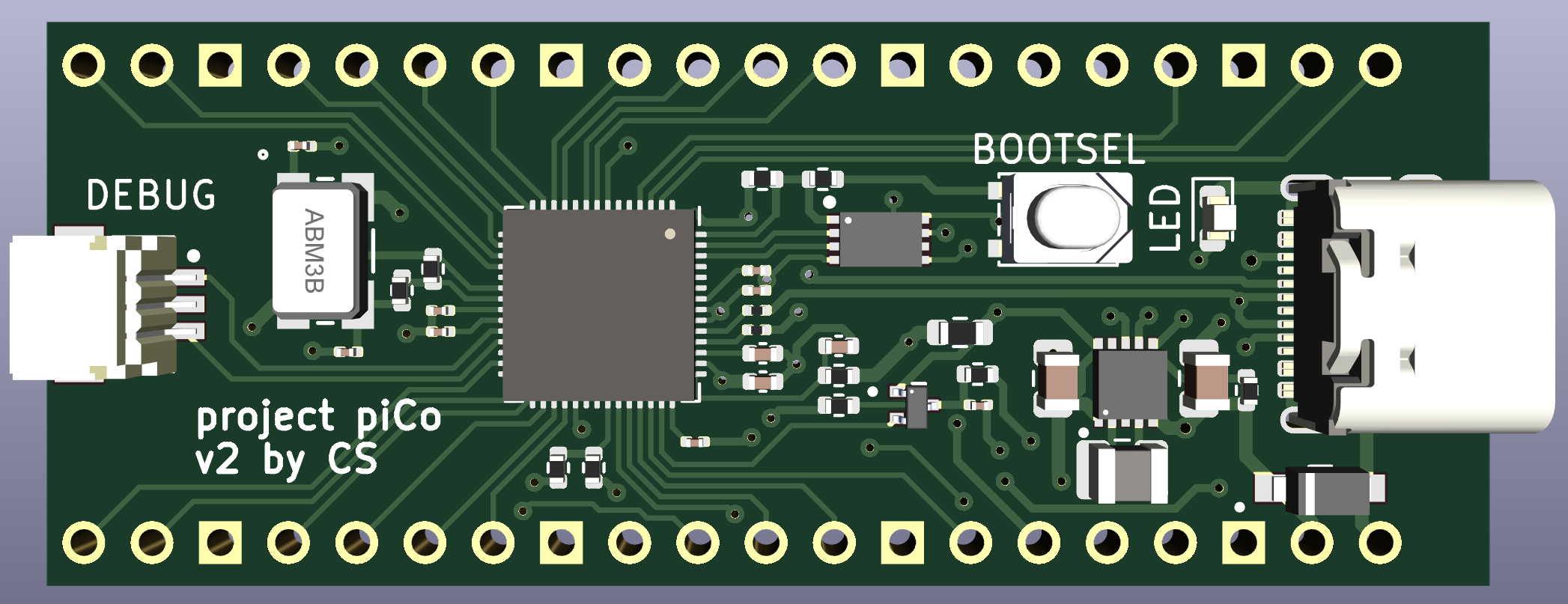
Project-piCo is an Open-Sourced Raspberry Pi Pico with a USB Type-C Port
Sam Hocevar’s Project-piCo is an open-source Raspberry Pi Pico board with a USB Type-C port.
In a Reddit post, Hocevar explains
I really wanted a Type-C connector on my Pico H, and I wanted it even more when I found out that the device was released less than 5 years ago and it still had a Micro-USB port on it.
In his GitHub, he goes on to explain that he was able to utilize the Pi Foundation’s schematics, PCB design files, and a third-party bill of materials (BOM). But what helped the most was the mechanical layout diagrams for the original Raspberry Pi Pico to ensure the new variant should be a drop-in replacement for any project. And with all that, he was able to design the whole thing in KiCad.
He continues and explains by removing four holes and adding space for the Type-C port at the top, I could design and route the board better. So, I based my revision on a purple clone board I found. It’s like reverse-engineering the reverse-engineered.
The mechanical layout provided by the Pi Foundation was extremely useful in creating my board dimensions. Since my footprint was made in KiCad, anybody should be able to implement it for their projects.
With all this, the board now also has some issues like there are No copper pours for power distribution and complicated wiring, including many layer changes to prevent overlaps. The ‘LED‘ label is upside down compared to the original Pico, which I find annoying. I’m considering replacing resistor R11 with an LM4040 voltage reference to improve the design, but for now, I’ve kept the same components as the original Pico for easy swapping. The design check shows 41 errors and 13 warnings, but I’ve ignored these for now. I’m open to suggestions for improving the design.
Sam Hocevar has shared the KiCad files for ‘project-piCo’ on GitHub under the WTF Public License 2. More details are available in his Reddit post.





